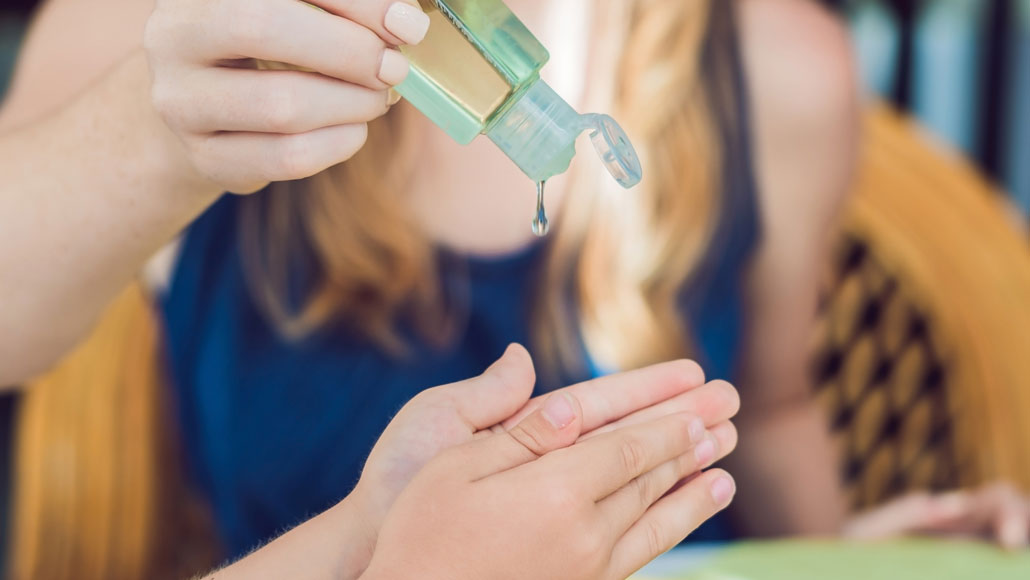Mucus prevents hand sanitizers from quickly killing the flu
Flu viruses can hold out for minutes against ethanol when encased in wet mucus

Alcohol-based hand sanitizers used in medical settings might not protect against spreading the flu when mucus is involved.
Galitskaya/iStock/Getty Images Plus







